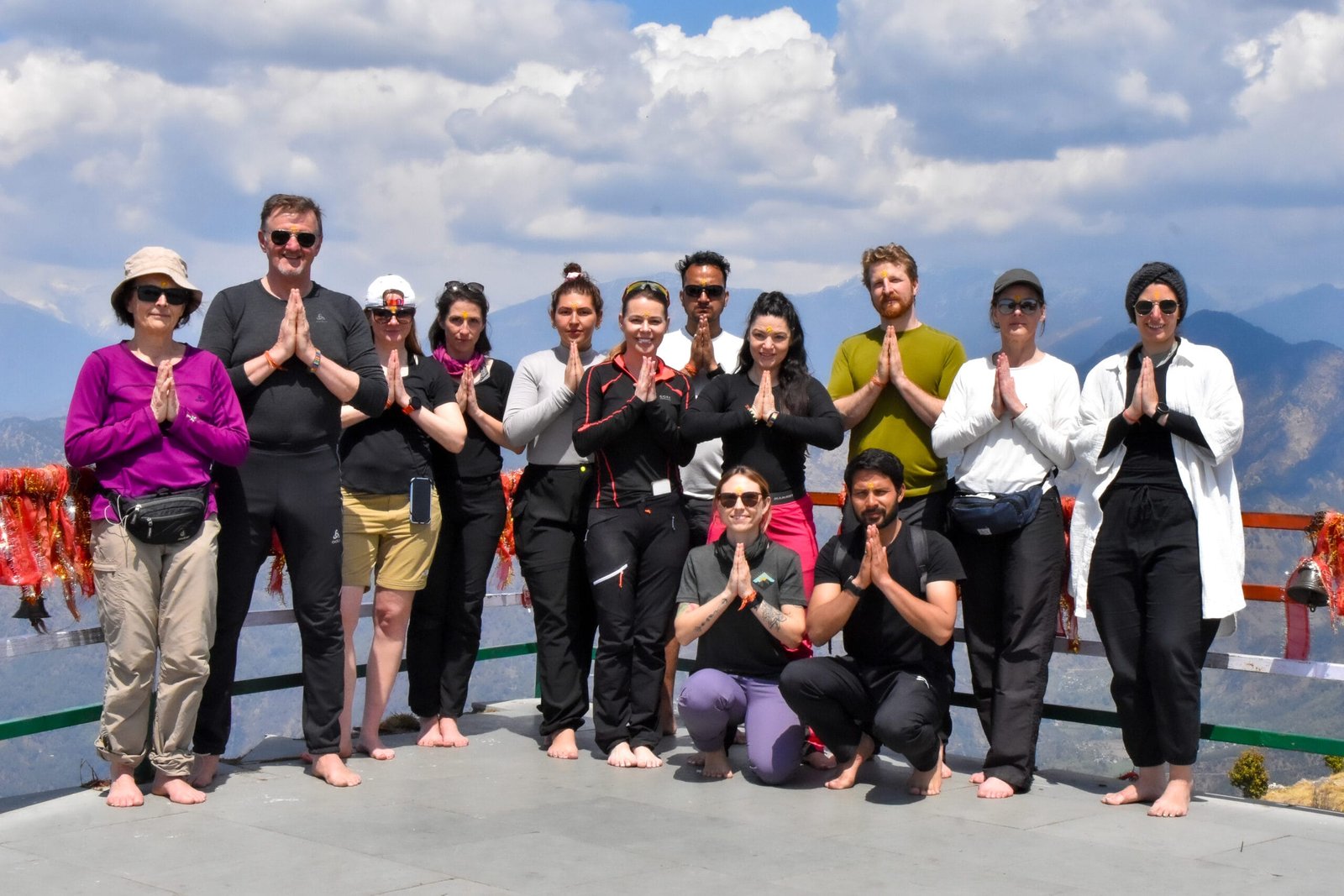
Yoga, an ancient practice originating in India, has transcended centuries, cultures, and continents to become a global phenomenon. While its traditional roots remain deeply respected, the modern approach to yoga has evolved to accommodate the diverse needs and preferences of today’s practitioners.
This fusion of tradition and innovation has brought about a dynamic shift in how yoga is practiced, perceived, and integrated into contemporary lifestyles.
One of the most notable aspects of the modern approach to yoga is its accessibility. Thanks to advancements in technology, yoga and Ayurveda is no longer confined to the studio or ashram.
Online platforms, mobile apps, and social media have democratized access to yoga, making it available to individuals regardless of their location, schedule, or budget.
From live-streamed classes to pre-recorded tutorials, practitioners can now customize their practice to suit their preferences and goals, whether they’re beginners or seasoned yogis.
Furthermore, the modern approach to yoga emphasizes inclusivity and diversity. Gone are the days when yoga was perceived as exclusive to a certain demographic. Today, yoga welcomes people of all ages, body types, abilities, and backgrounds.
There’s a growing recognition that yoga is not just a physical practice but also a holistic journey of self-discovery and self-care. This inclusive mindset has led to the emergence of specialized yoga classes tailored to specific populations, such as prenatal yoga, chair yoga for seniors, and adaptive yoga for individuals with disabilities.
In addition to accessibility and inclusivity, the modern approach to yoga embraces innovation in its techniques and practices.
While traditional yoga poses (asanas) and breathing exercises (pranayama) remain foundational, contemporary yoga has incorporated elements from other disciplines such as Pilates, dance, and martial arts. This cross-pollination of practices has resulted in hybrid forms of yoga that offer a unique blend of physical challenge, mental focus, and creative expression.
Moreover, the modern approach to yoga acknowledges the interconnectedness of mind, body, and spirit in the pursuit of holistic well-being.
Alongside physical postures, modern yoga often incorporates mindfulness meditation, visualization techniques, and relaxation practices to cultivate mental clarity, emotional resilience, and inner peace.
This integrative approach reflects a shift towards a more balanced and sustainable lifestyle in an increasingly fast-paced and stress-filled world.
Let’s delve deeper into each aspect of the modern approach to yoga
1. Accessibility: The modernization of yoga has made it accessible to a wider audience through various digital platforms. Online yoga classes and apps offer flexibility in scheduling, allowing practitioners to practice anytime, anywhere.
This accessibility has been particularly beneficial for individuals with busy schedules, those living in remote areas without access to a yoga studio, or those who prefer the privacy of practicing at home.
2. Inclusivity and Diversity: Modern yoga celebrates diversity and inclusivity, welcoming practitioners of all ages, genders, body types, and abilities. Yoga studios and instructors are increasingly mindful of creating safe and inclusive spaces where everyone feels welcome and supported in their practice.
Additionally, there’s a growing recognition of the need for representation and accessibility for marginalized communities within the yoga community.
3. Innovation in Practices: The modern approach to yoga is characterized by innovation in its practices. While traditional yoga poses and sequences form the foundation, modern practitioners often incorporate elements from other movement disciplines such as dance, Pilates, martial arts, and even gymnastics.
This fusion of practices results in a dynamic and diverse range of yoga styles and classes that cater to different preferences and goals.
4. Holistic Well-being: Beyond the physical aspect, modern yoga emphasizes holistic well-being, addressing the mental, emotional, and spiritual dimensions of health. Mindfulness meditation, breathwork, visualization techniques, and relaxation practices are integrated into yoga classes to promote stress reduction, emotional balance, and mental clarity. Yoga is seen not just as a workout but as a tool for self-discovery, personal growth, and inner transformation.
5. Social and Environmental Consciousness: The modern yoga community is increasingly aware of its social and environmental impact. Many studios and practitioners are adopting sustainable practices, such as using eco-friendly props, minimizing waste, and supporting ethical and fair-trade initiatives.
Moreover, there’s a growing emphasis on practicing yoga in a way that aligns with the ethical principles of non-harming (ahimsa), truthfulness (satya), and environmental stewardship outlined in classical yoga philosophy.
6. Community and Connection: Despite the rise of digital platforms, the modern yoga community values the importance of human connection and community. Yoga studios serve as gathering spaces where practitioners can come together to practice, learn, and connect with like-minded individuals.
Community events, workshops, and retreats provide opportunities for deeper connection and shared experiences beyond the confines of a yoga mat.
7. Self-Expression and Creativity: Modern yoga encourages self-expression and creativity in one’s practice. Practitioners are encouraged to explore and express themselves through movement, music, art, and other forms of creative expression.
This freedom allows individuals to personalize their practice and cultivate a deeper sense of authenticity and empowerment.
In essence, the modern approach to yoga embodies a holistic and inclusive philosophy that honors tradition while embracing innovation and adaptation to meet the evolving needs of contemporary society. Through accessibility, diversity, innovation, and mindfulness, yoga continues to evolve as a transformative practice for the body, mind, and spirit in the modern world.
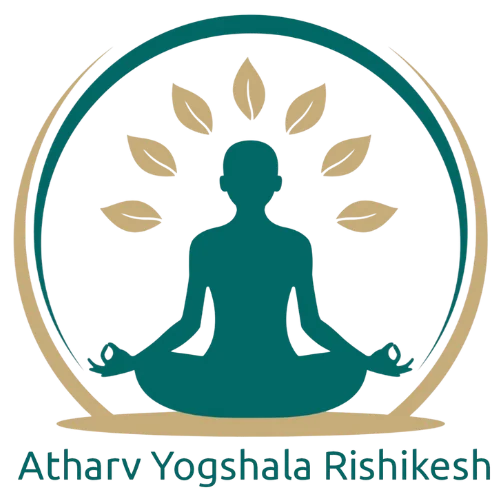
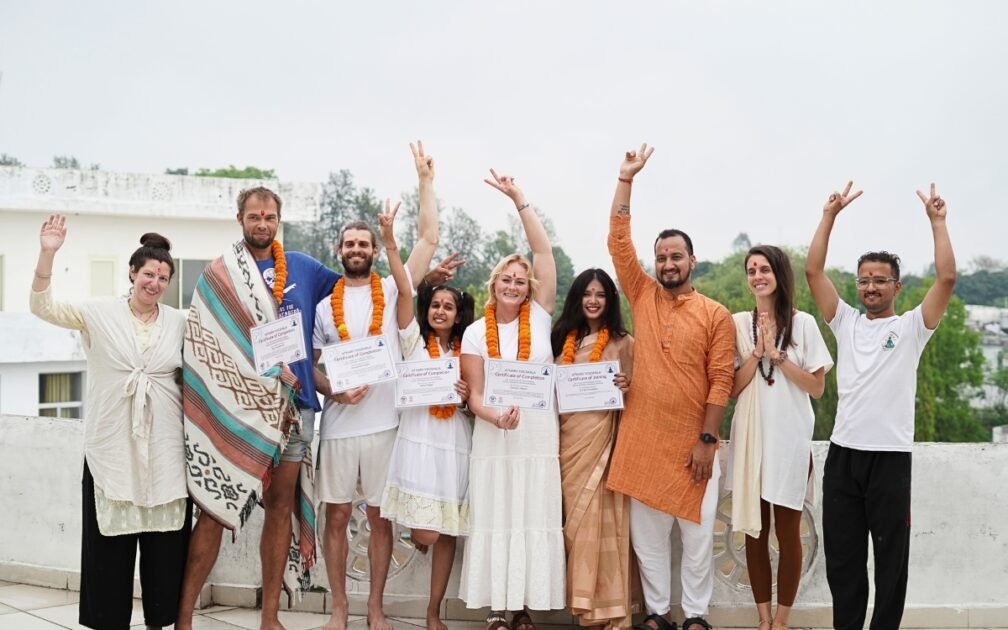
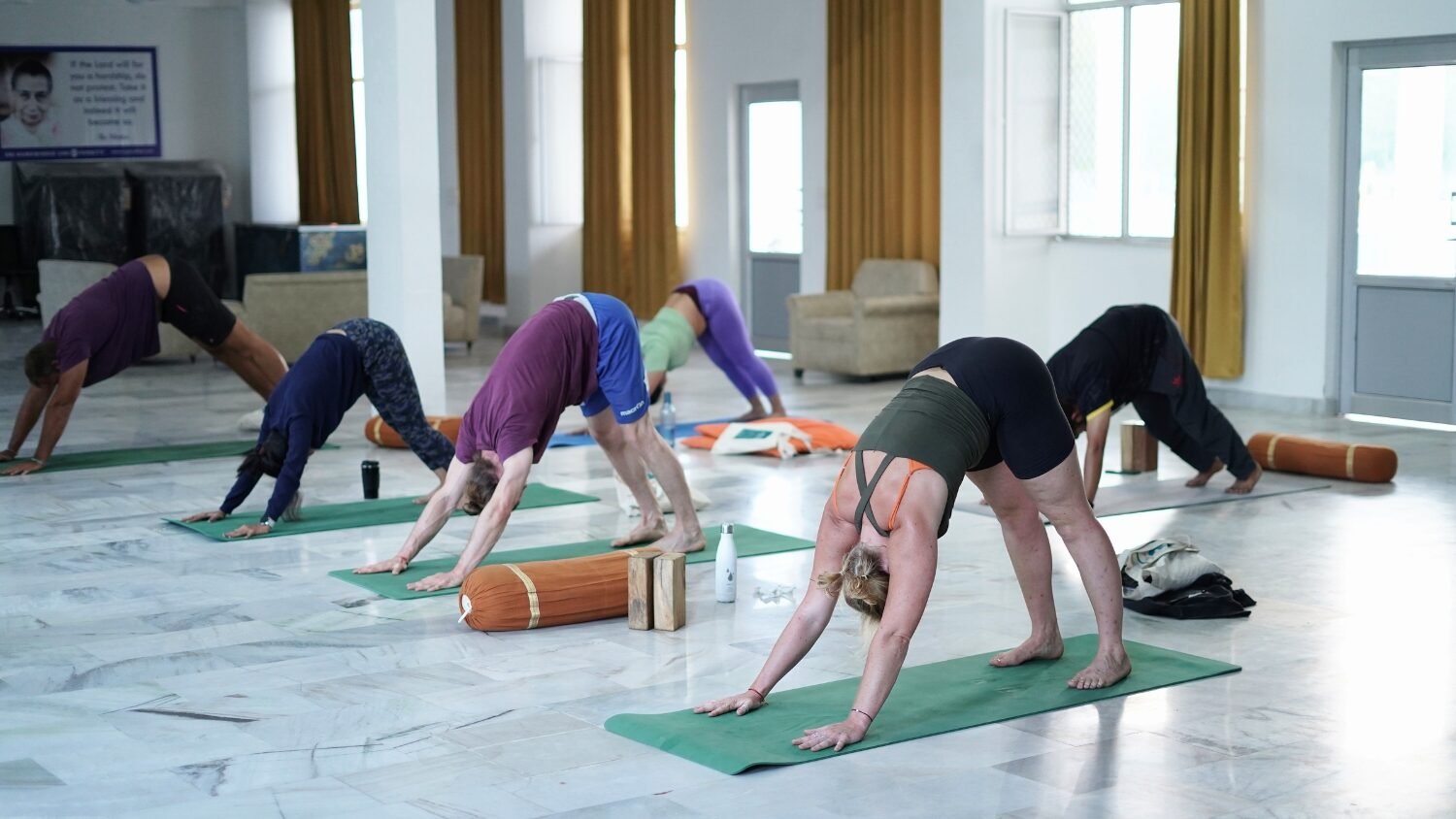
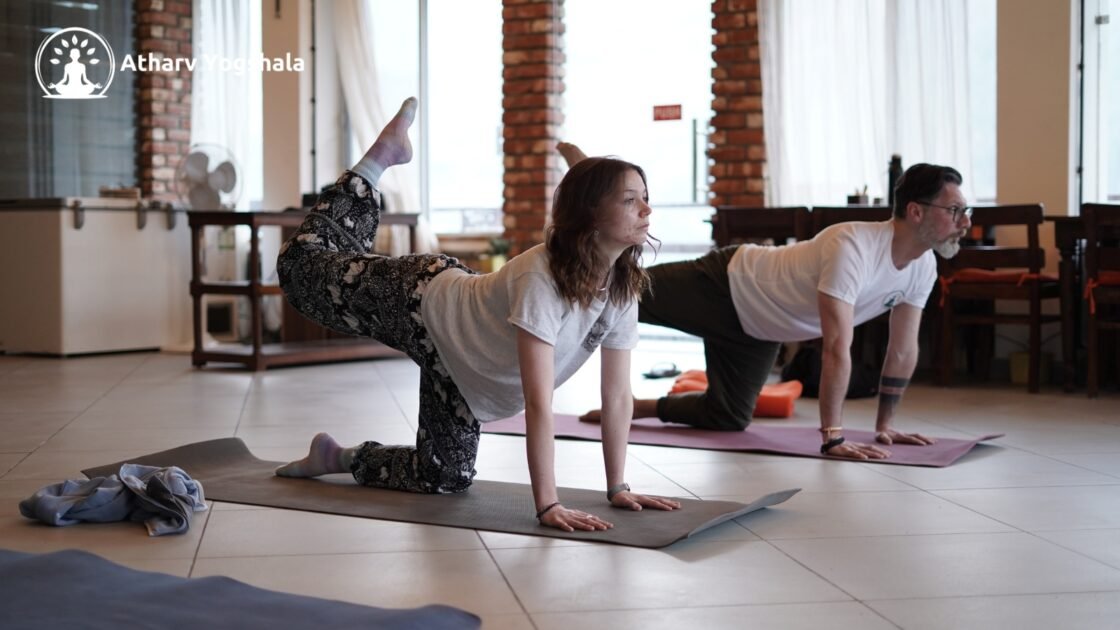


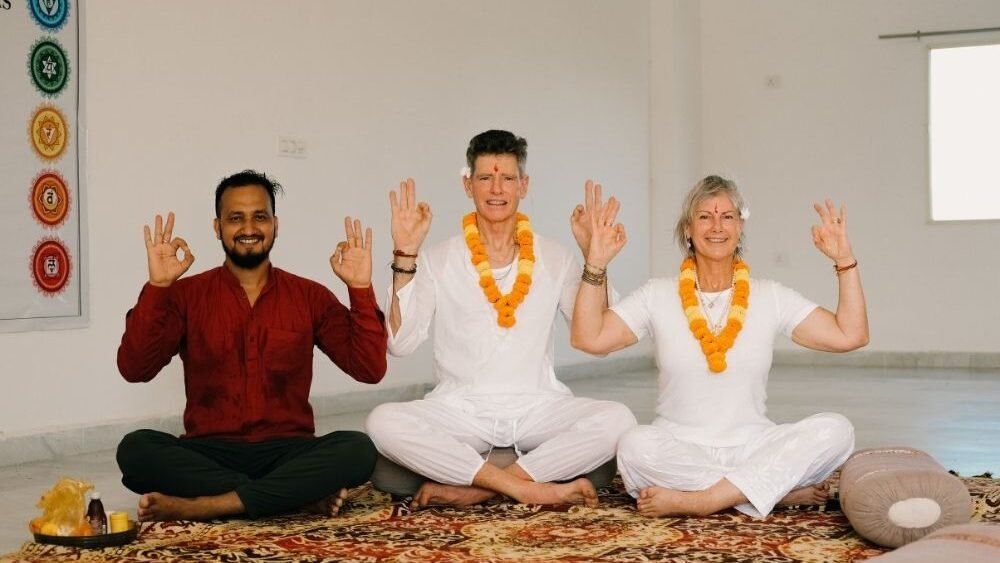





Leave a comment: